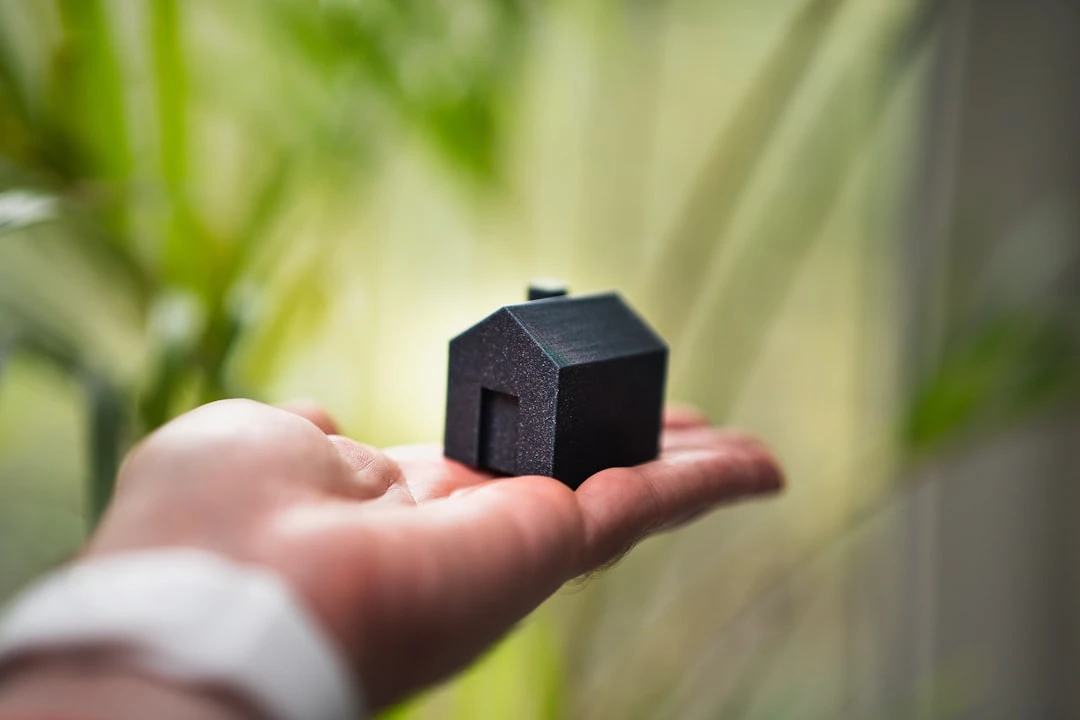What to Do If Your Tenant Is Noisy?

We recommended in an earlier post about apartment rental to check the tenant's payment behavior and background from the Credit Register. However, you can sometimes get a pretty good picture of a person's lifestyle by taking a look at their Facebook profile. But not every time does the tenant's attitude towards other residents or their understanding of shared living rules become apparent this way. Among nice and pleasant tenants, a darker sheep tends to slip in from time to time.
People who have lived in apartment buildings usually have experience with party-goers or people who listen to music that is too loud. Often these are not owners, but tenants who don't consider getting along with neighbors important or are simply too young to think about such things at all.
The owner is, however, responsible for what happens in the apartment. So if you start renting out your apartment and lack experience with noise-makers, you will certainly benefit from the advice of Kristel Tandre, who deals with apartment rentals on a daily basis. We spoke with Kristel and wrote down the recommendations.
First, make sure that your rental agreement includes a clause that obligates tenants not to disturb other residents. For example, like this: the tenant agrees not to disturb with their activities the peace and activities of other persons living in the same building.
If, however, it has already happened that other residents complain about the activities of your tenants, then agree with the neighbors that they call the police next time. This way a record of the violation is kept and you have evidence material when talking to your tenants. Also consider whether the neighbors have a serious concern or whether these are people who are bothered even by children's footsteps and doors closing.
Often it is enough if the police talk to the noise-makers and a second call-out is not needed. It has also happened that the police temporarily take, for example, speakers.
If your tenants' partying desires have not ceased and neighbors are already calling the police for the second time, then call the party-goers and explain to them that if this happens again, you won't be able to continue the rental relationship. Be sure to remind them also of the rental agreement, by signing which the tenant agreed not to disturb other residents.
It should also be noted the quiet hours set by law: Monday–Friday 10 PM–6 AM and Saturday–Sunday 12 AM–7 AM.
Maybe the music wasn't very loud, but usually the listener doesn't realize how well the bass from their music system comes through the walls into other apartments. This should also be explained to the tenant.

Noise levels have legal restrictions: noise in living rooms must not exceed 40 decibels during the day and 30 decibels at night. For comparison: whispering produces 20 decibels and human conversation 60–70 decibels.
In extreme cases, you must terminate the contract with your tenants and explain to them that living in an apartment building simply does not fit their lifestyle.
Preventing situations will certainly save you much more nerves than solving problems, which is why we recommend reviewing at the time of signing the rental agreement that these are quiet-loving residents and the tenant should take this into account.
If you are just thinking about renting out your apartment, you can get the necessary advice from this post.
```Search
Keywords
Most read articles
- Price per Square Meter of Apartments in Tallinn in 2025

- Estonian Apartment Prices and Market Expectations in 2025

- The Apartment Market in Estonia's Largest Cities in 2025

- Notary Fee and State Fee – Who Pays and How Much?

- Five-year transition period ended: nearly zero-energy building requirements extended to new small residential buildings
